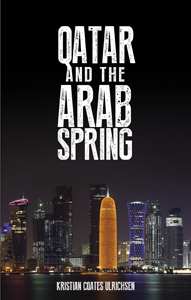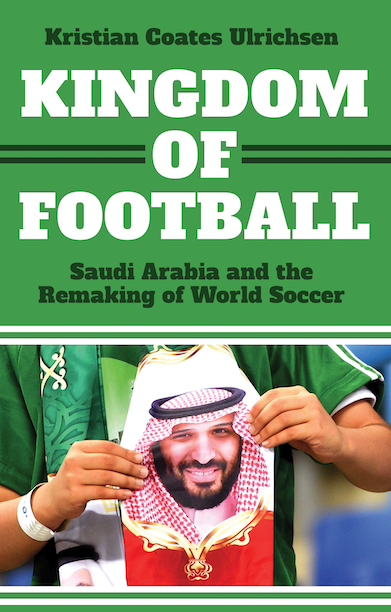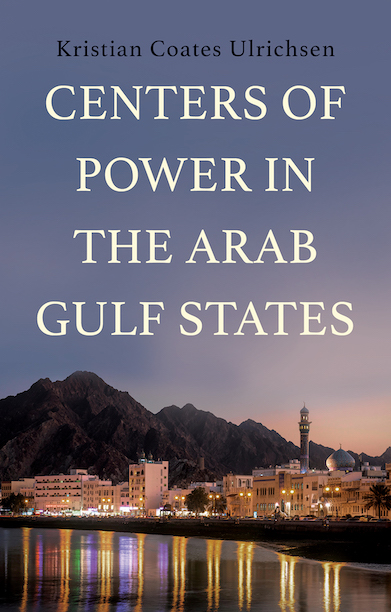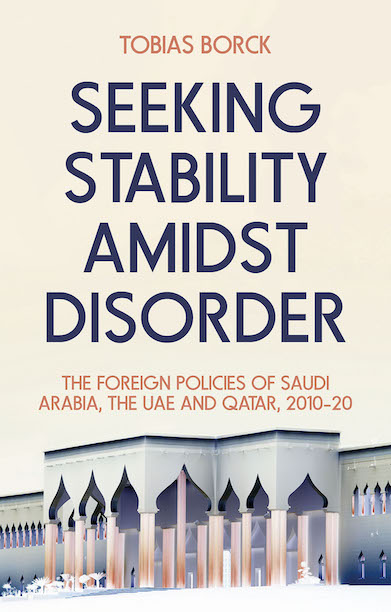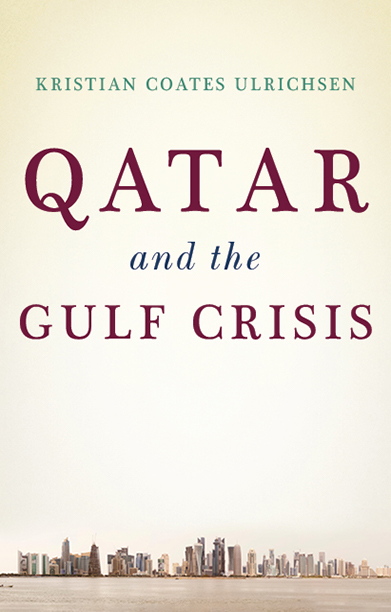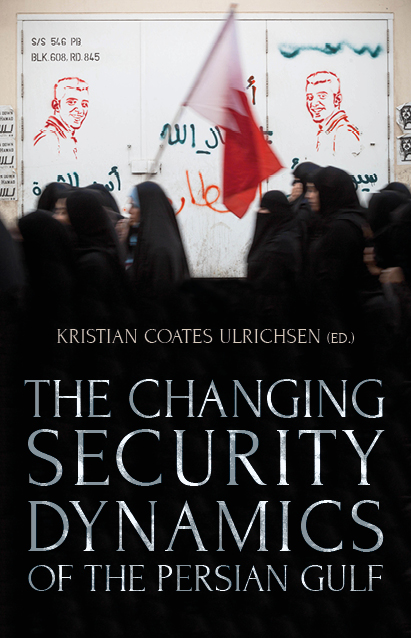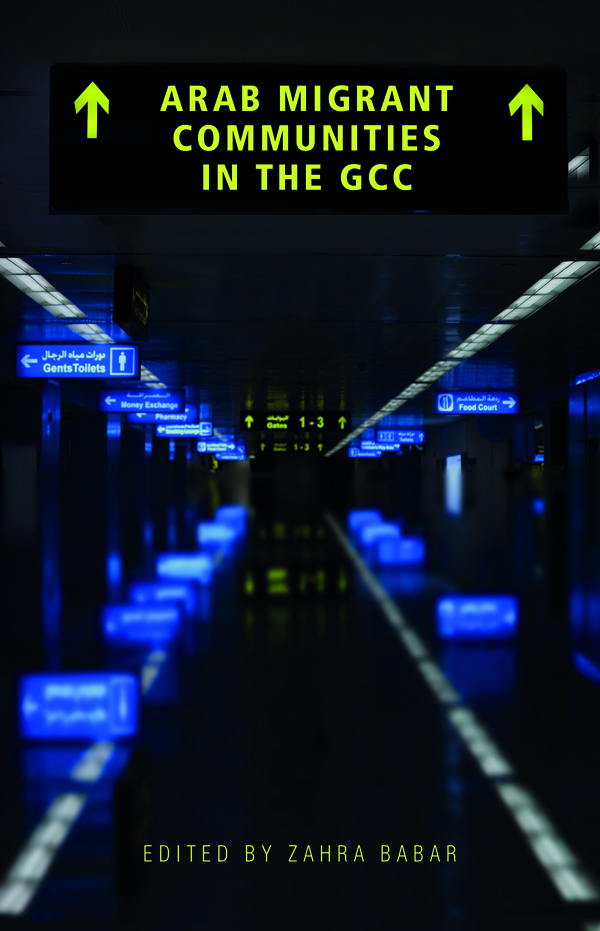Qatar and the Arab Spring
‘Qatar continues to fascinate observers and its gas and geopolitical assets will keep it in the policy limelight for many years to come. Kristian Coates Ulrichsen’s analysis of the Gulf State, besides being authoritative and ambitious, is well structured, beautifully written and perfectly balanced.’ — Anoush Ehteshami, Professor, Durham University, and author of ‘Dynamics of Change in the Persian Gulf: Political Economy, War and Revolution’
Description
Qatar and the Arab Spring offers a frank examination of Qatar’s startling rise to regional and international prominence, describing how its distinctive policy stance toward the Arab Spring emerged. In only a decade, Qatari policy-makers — led by the Emir, Sheikh Hamad bin Khalifa Al-Thani, and his prime minister Sheikh Hamad bin Jassim Al-Thani — catapulted Qatar from a sleepy backwater to a regional power with truly international reach. In addition to pursuing an aggressive state-branding strategy with its successful bid for the 2022 FIFA World Cup, Qatar forged a reputation for diplomatic mediation that combined intensely-personalised engagement with financial backing and favourable media coverage through the Al-Jazeera.
These factors converged in early 2011 with the outbreak of the Arab Spring revolts in North Africa, Syria, and Yemen, which Qatari leaders saw as an opportunity to seal their regional and international influence, rather than as a challenge to their authority, and this guided their support of the rebellions against the Gaddafi and Assad regimes in Libya and Syria.
From the high watermark of Qatari influence after the toppling of Gaddafi in 2011, that rapidly gave way to policy overreach in Syria in 2012, Coates Ulrichsen analyses Qatari ambition and capabilities as the tiny emirate sought to shape the transitions in the Arab world.
Table of contents
Acknowledgments
Abbreviations
Introduction
PART I
1. Historical and Political Context to the Rise of Qatar
2. State-Branding and the Leveraging of Power and Influence
3. Drivers and Motivations of Qatari Foreign Policy
PART II
4. Qatar and the Arab Spring
5. Arab Solutions to Arab Problems: Libya and Syria
6. Post-Arab Spring Challenges and Implications
Epilogue: Qatar Under Sheikh Tamim
Notes
Bibliography
Index
Reviews
‘Qatar and the Arab Spring is a compelling, well written analysis of one of the more remarkable sagas in Gulf politics: the rise to regional and global prominence of the State of Qatar. It aims to explain how and why Qatar used the Arab Uprisings as an “opportunity to seized rather than a challenge to be contained.” This accessible yet theoretically and empirically rich book should be read by anyone with an interest in the Gulf.’ — Frederic Wehrey, Senior Associate in the Middle East Program at the Carnegie Endowment for International Peace, and author of Sectarian Politics in the Gulf: From the Iraq War to the Arab Uprisings
‘Qatar continues to fascinate observers and its gas and geopolitical assets will keep it in the policy limelight for many years to come. Kristian Coates Ulrichsen’s analysis of the Gulf state, besides being authoritative and ambitious, is well structured, beautifully written and perfectly balanced.’ — Anoush Ehteshami, Professor, Durham University, and author of Dynamics of Change in the Persian Gulf: Political Economy, War and Revolution
‘Clichéd as it may sound, there has never been a better time to publish a book on Qatar. With the heady do-no-wrong boom years firmly behind it, Qatar now seems caught in a web of international intrigue, proxy wars, and counter-espionage. Ulrichsen’s latest is an excellent primer as we wait and watch events unfold.’ — Christopher Davidson, reader in Middle East politics at the School of Government and International Affairs, Durham University and author of After the Sheikhs: The Coming Collapse of the Gulf Monarchies
Author(s)
Kristian Coates Ulrichsen is Fellow for the Middle East at Rice University’s Baker Institute for Public Policy, and an associate fellow of Chatham House’s Middle East and North Africa Programme. His books with Hurst include Qatar and the Gulf Crisis and Centers of Power in the Arab Gulf States. He supports West Ham.
